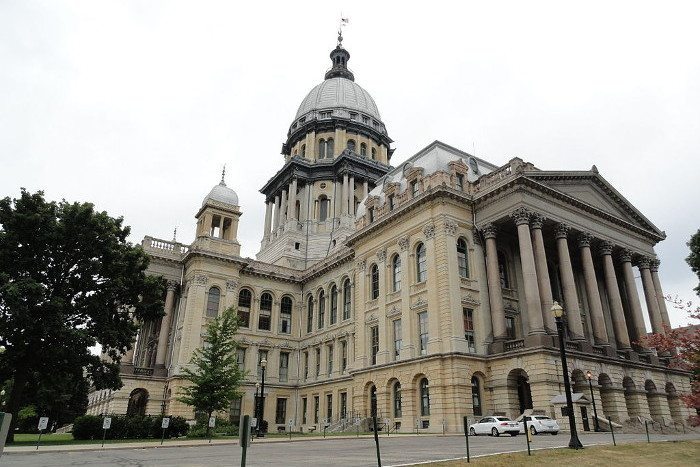‘Hobby Lobby’ Aftermath: Illinois Seeks to Expand Birth Control Access
The policy changes proposed by the Illinois Department of Healthcare and Family Services would, among other things, increase Medicaid funding for health-care providers to provide birth control for women patients as well as vasectomies for men.

On Wednesday, the Illinois Department of Healthcare and Family Services proposed new regulations that could expand birth control access for low-income residents while requiring health providers that object to contraception to refer patients to providers that will provide contraceptive care.
Expected to take effect on October 1, the policy changes would increase Medicaid funding for health-care providers to provide birth control for women patients as well as vasectomies for men.
The new policy is meant to directly address the U.S. Supreme Court decision in Hobby Lobby, which allows closely held corporations to deny employees health insurance plans that cover birth control. Julie Hamos, director of the Illinois Department of Healthcare and Family Services, told the Chicago Tribune that the Court’s decision was of “extreme concern” to Democratic Gov. Pat Quinn and state health officials. However, the new regulations will only affect people receiving Medicaid benefits.
“It is an opportune time when women across the country are paying attention,” Hamos told the Tribune. “[The department] can really use that attention to focus on what’s available to them through Medicaid.”
Payments for vasectomies and intrauterine devices (IUDs) would be doubled. Medicaid reimbursements would be immediately delivered to health-care providers such as Planned Parenthood that are providing long-term contraception.
Hamos cited Colorado’s program of providing affordable birth control as a model to use for family planning policy; teen birth rates dropped by 40 percent over five years after a state initiative increased access to affordable contraception throughout the state.
No cost estimates have been issued by the state for the new policy. Hamos noted that the federal government currently pays 90 percent of Medicaid costs for family planning services.
The department is soliciting public comment on the proposed regulations through September 15.
